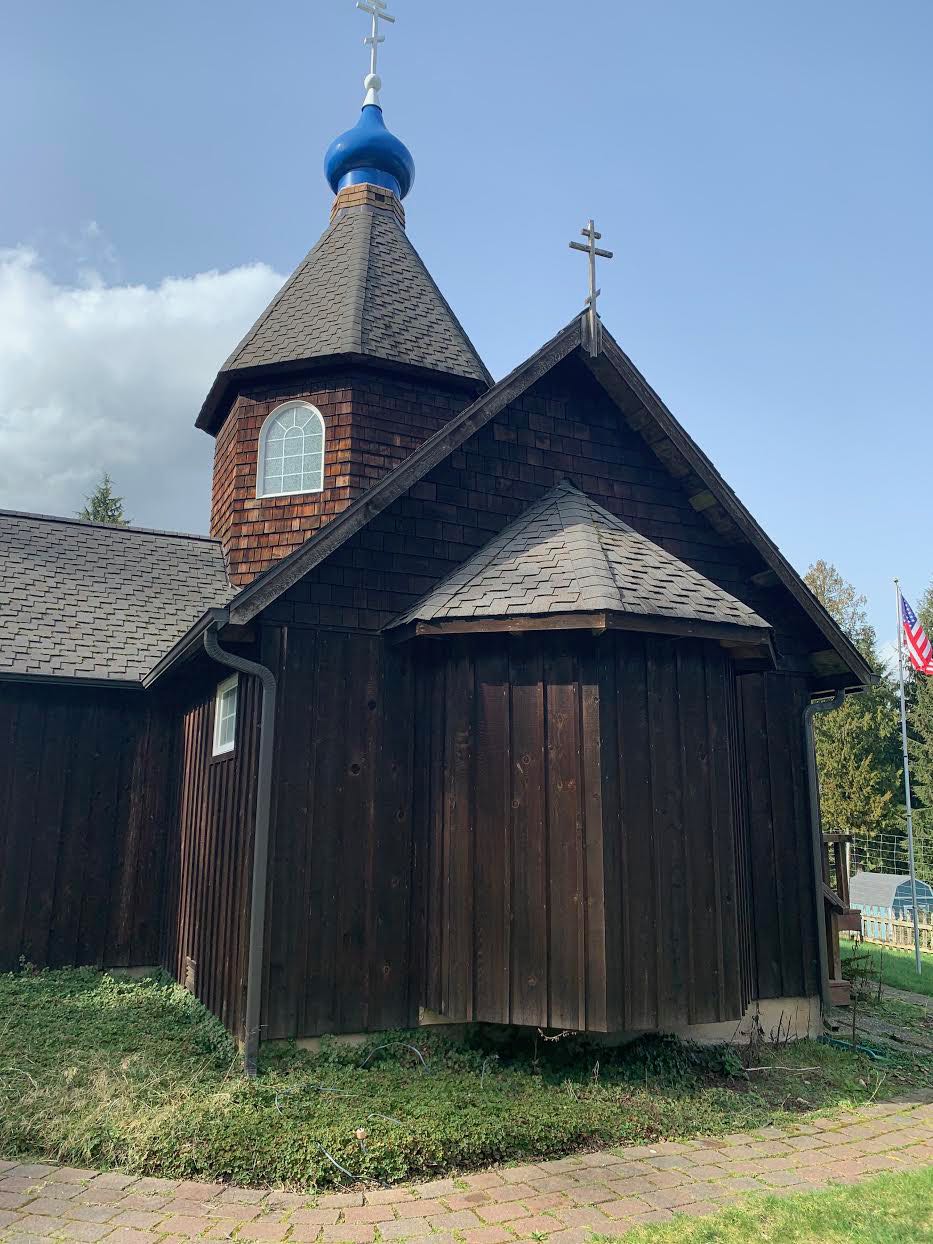Note: If it is not a leap year the hymns of Saint John are transferred to the 28th.
This Saint was born about the year 350, and was, according to some, from Rome, according to others, from Dacia Pontica (Dobrogea in present-day Romania). He was a learned man who had first served in the military. Later, he forsook this life and became a monk in Bethlehem with his friend and fellow-ascetic, Germanus of Dacia Pontica, whose memory is also celebrated today. Hearing the fame of the great Fathers of Scete, they went to Egypt about the year 390; their meetings with the famous monks of Scete are recorded in Saint John's Conferences. In the year 403 they went to Constantinople, where Cassian was ordained deacon by Saint John Chrysostom; after the exile of Saint Chrysostom, Saints Cassian and Germanus went to Rome with letters to Pope Innocent I in defence of the exiled Archbishop of Constantinople. There Saint Cassian was ordained priest, after which he went to Marseilles, where he established the famous monastery of Saint Victor. He reposed in peace about the year 433.
The last of his writings was On the Incarnation of the Lord, Against Nestorius, written in 430 at the request of Leo, the Archdeacon of Pope Celestine. In this work he was the first to show the spiritual kinship between Pelagianism, which taught that Christ was a mere man who without the help of God had avoided sin, and that it was possible for man to overcome sin by his own efforts; and Nestorianism, which taught that Christ was a mere man used as an instrument by the Son of God, but was not God become man; and indeed, when Nestorius first became Patriarch of Constantinople in 428, he made much show of persecuting the heretics, with the exception only of the Pelagians, whom he received into communion and interceded for them to the Emperor and to Pope Celestine.
The error opposed to Pelagianism but equally ruinous was Augustine's teaching that after the fall, man was so corrupt that he could do nothing for his own salvation, and that God simply predestined some men to salvation and others to damnation. Saint John Cassian refuted this blasphemy in the thirteenth of his Conferences, with Abbot Chairemon, which eloquently sets forth, at length and with many citations from the Holy Scriptures, the Orthodox teaching of the balance between the grace of God on one hand, and man's efforts on the other, necessary for our salvation.
Saint Benedict of Nursia, in Chapter 73 of his Rule, ranks Saint Cassian's Institutes and Conferences first among the writings of the monastic fathers, and commands that they be read in his monasteries; indeed, the Rule of Saint Benedict is greatly indebted to the Institutes of Saint John Cassian. Saint John Climacus also praises him highly in section 105 of Step 4 of the Ladder of Divine Ascent, on Obedience.



